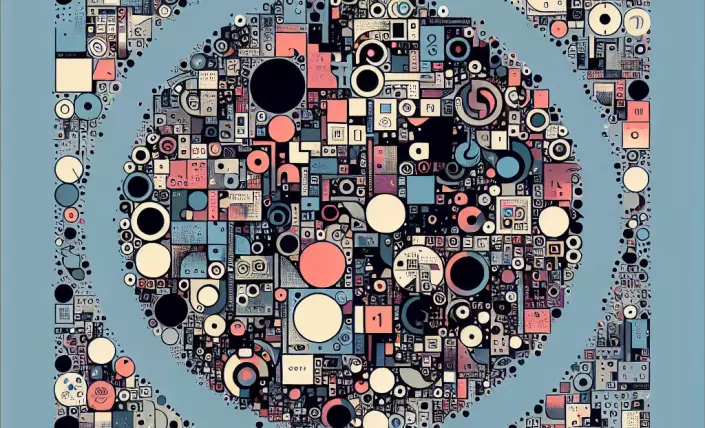Aristotle's concept of potentiality versus actuality is a profound philosophical inquiry that resonates deeply with the human experience. At its core, this concept examines the transition from what is possible to what is real, a journey that mirrors our own personal evolution. Potentiality, for Aristotle, represents the inherent capability within an object or person to transform into a different state, while actuality is the realization of that capability. This idea invites us to ponder the latent possibilities within us, urging a reflection on how we might transition from mere potential to actualized beings.
Consider, for instance, an acorn. In its current state, it possesses the potential to become a mighty oak tree. This transformation, however, requires the right conditions—fertile soil, adequate sunlight, and water. Similarly, human beings harbor immense potential within themselves, but realizing this potential necessitates the right environment, effort, and intention. The journey from potentiality to actuality is not merely a natural progression but a deliberate act of will, a conscious endeavor to nurture and cultivate one's inherent capabilities. Aristotle's philosophy thus challenges us to identify and create the conditions necessary for our growth, urging us to actively engage in the process of becoming.
This philosophical reflection extends beyond personal development, influencing how we perceive relationships, careers, and societal structures. In a world often fixated on immediate results and tangible achievements, the Aristotelian view reminds us of the importance of the journey itself, of the gradual unfolding of potential. It encourages a shift in perspective, valuing patience and perseverance in a culture that emphasizes speed and efficiency. By embracing the concept of potentiality, we acknowledge the richness of possibility inherent in every moment, every decision, and every interaction. This awareness fosters a deeper connection to life, inspiring us to pursue not only what is but what could be.










